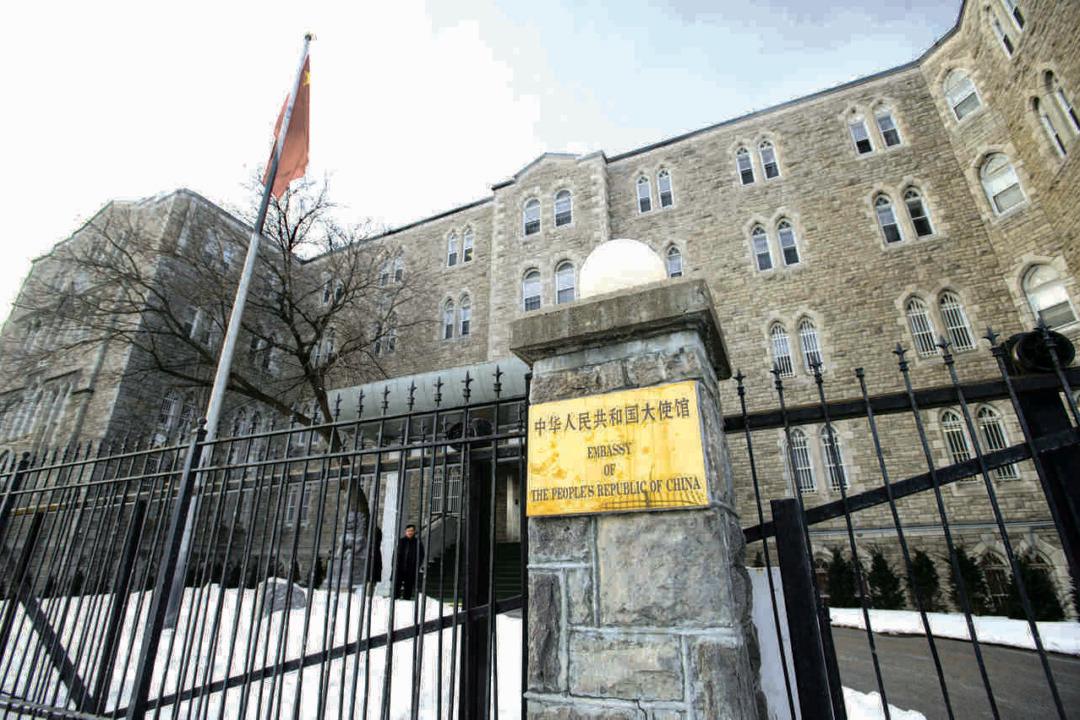In addition to the three unofficial Chinese police stations in Toronto that have drawn widespread concern in recent months, two more have been found in Canada, according to a new report by Safeguard Defenders. They are among 48 Beijing-operated illegal police outputs around the world that have been newly identified by the Spain-based human rights NGO, which had earlier identified 54 such outposts.
“Patrol and Persuade," released Dec. 5, is the third report in a series of investigations conducted by Safeguard Defenders focusing on these overseas police service stations that it says are part of transnational repression and long-arm policy by the Chinese Communist Party (CCP). The NGO notes that all of its documentation is exclusively based on open-source accounts published by Chinese authorities and state media run by the CCP.





